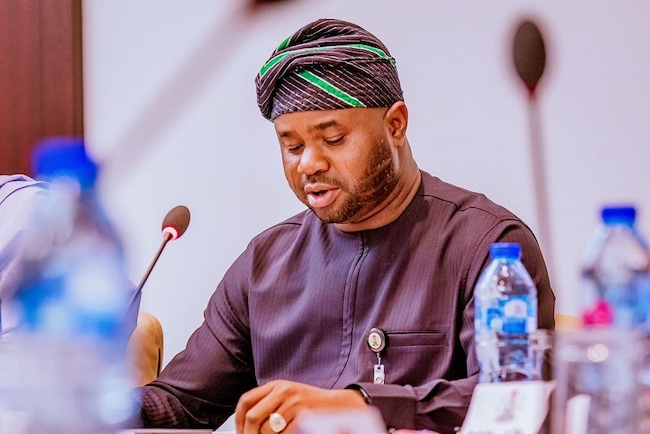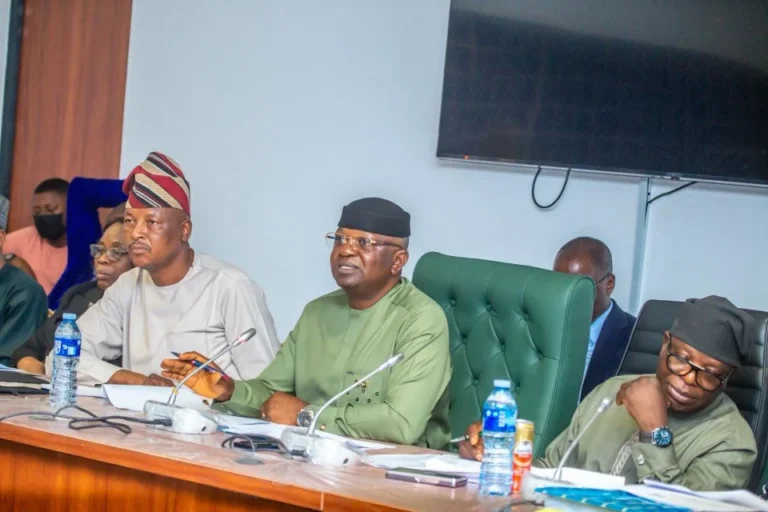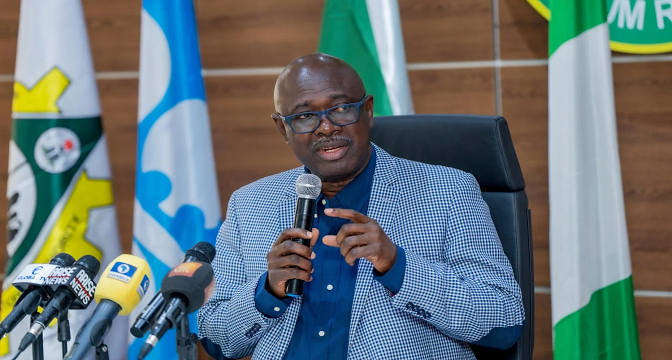
Zacch Adedeji, Executive Chairman of the Federal Inland Revenue Service (FIRS), is taking bold steps to simplify Nigeria’s tax system through technology. He believes that digital tools can help promote voluntary tax compliance, reduce stress for taxpayers, and enhance government revenue without increasing tax rates.
Under Adedeji’s leadership, FIRS is making the process of paying taxes easier and more transparent. He said technology allows the agency to track payments, reduce human interference, and eliminate leakages. The goal is to build trust and encourage citizens and businesses to meet their obligations willingly.
Zacch Adedeji’s drive for technology is already showing results. The agency has launched platforms that let taxpayers register, file, and pay taxes online with minimal human contact. Adedeji explained that these reforms remove the fear of bureaucracy and make compliance less burdensome for both small businesses and large corporations.
FIRS recently unveiled the TaxPro Max solution, a digital platform designed to centralize tax functions. The system provides real-time updates, automates record keeping, and sends reminders to taxpayers. This helps reduce errors and allows tax officers to focus on guidance rather than enforcement. Adedeji said the platform is being adopted nationwide and has received positive feedback.
He also noted that the current administration’s vision is to increase revenue through efficiency, not by raising taxes. The agency is working to expand the tax base and bring more informal businesses into the system. By using digital tools, FIRS can identify those who should be paying taxes and offer them support on how to start.
This initiative also supports transparency and accountability. Every transaction is logged, and data is protected with secure systems. Adedeji stressed that technology removes guesswork and helps both the agency and taxpayers understand their rights and duties clearly.
In addition to rolling out new systems, Adedeji is promoting tax education. He believes people are more likely to pay taxes if they understand how the money is used. FIRS is working with stakeholders, including trade associations and state governments, to spread this message and build a culture of compliance.
The chairman also acknowledged that trust must be earned. He said FIRS must serve as a partner to taxpayers, not just an enforcer. With digital channels in place, it is now easier for taxpayers to reach out, ask questions, and get answers. This two-way communication is improving relationships and encouraging participation.
Adedeji called on Nigerians to embrace the changes and take advantage of the simplified process. He said voluntary compliance not only benefits the country but also gives businesses a chance to grow within the law. He added that tax payment is a civic duty that drives development, and with technology, it no longer has to be a struggle.
By placing technology at the center of tax reforms, Adedeji is reshaping the image of FIRS. His focus on simplicity, fairness, and service is positioning the agency as a key partner in national development. Many believe this approach will help Nigeria build a stronger economy powered by a transparent and inclusive tax system.


